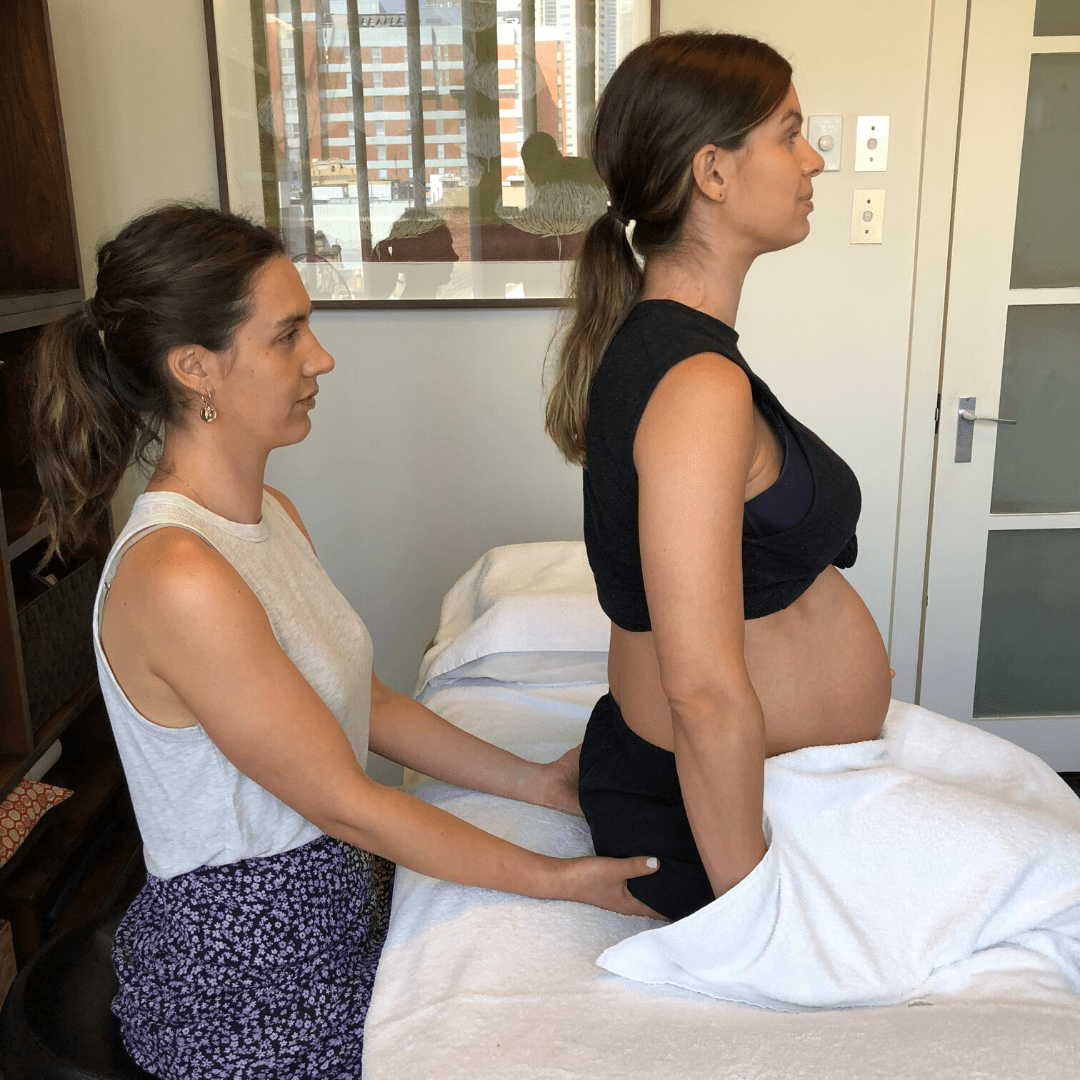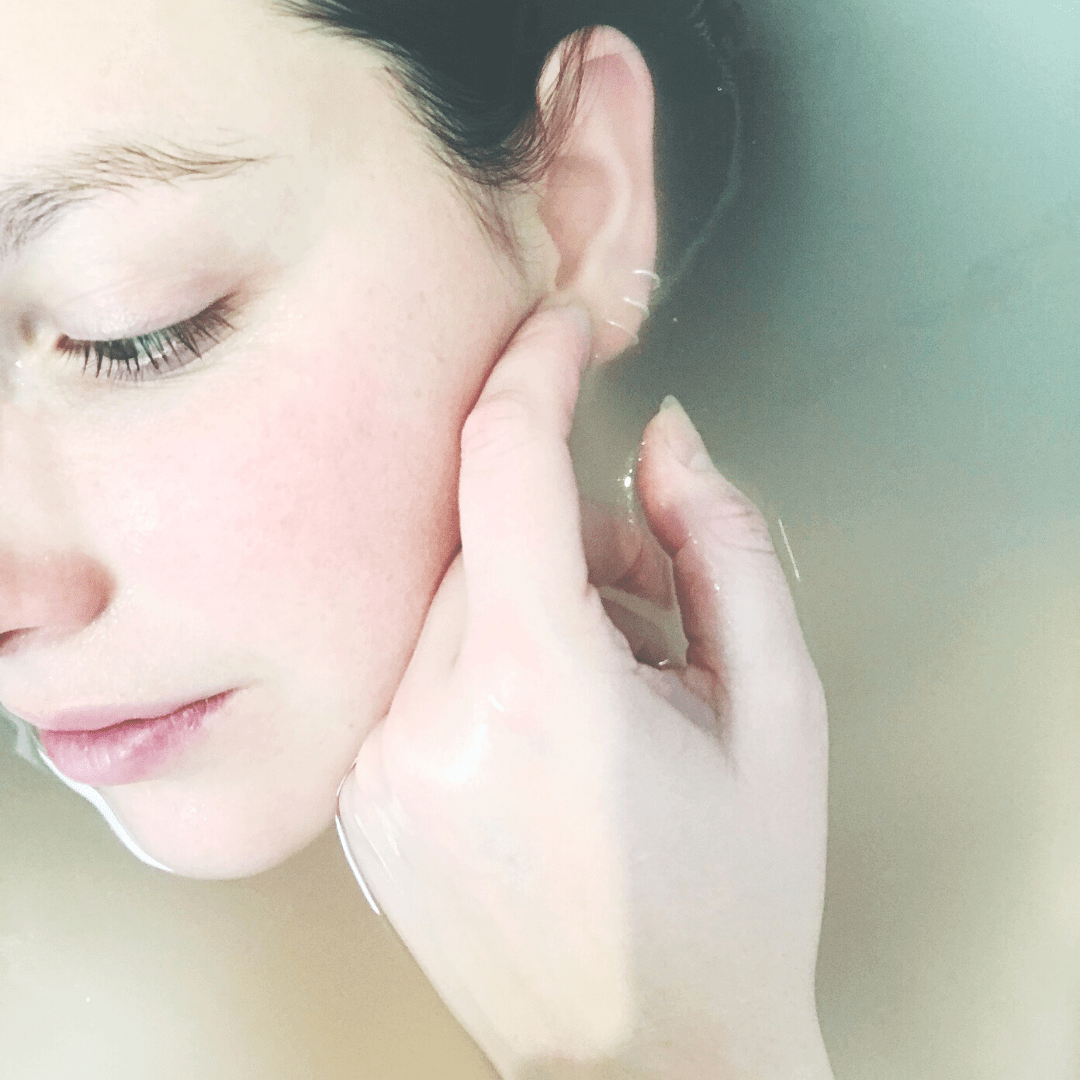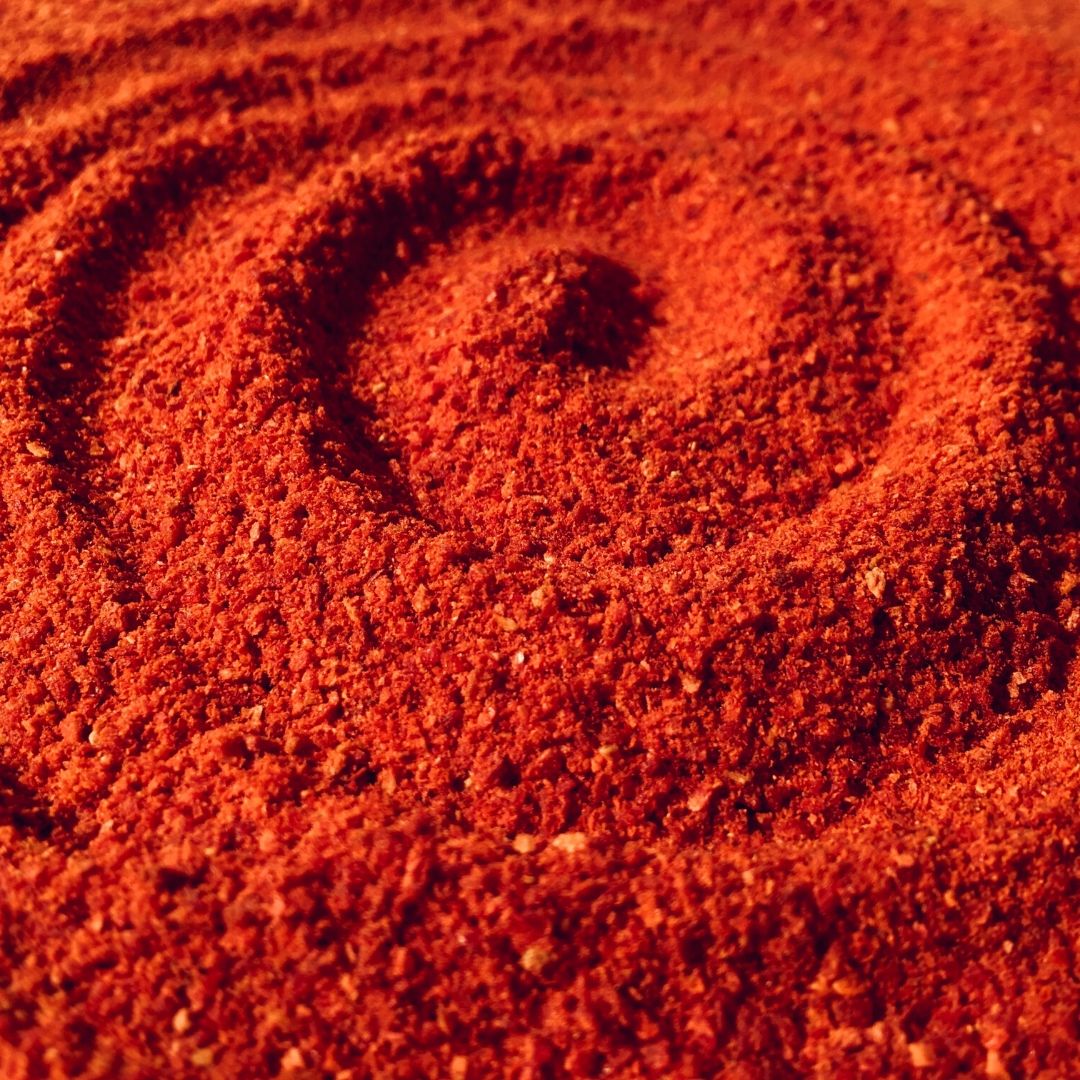
Counselling for Fertility is an important aspect to consider for your Fertility journey. When fertility plans are interrupted or delayed it can cause great distress with feelings of helplessness and eventually hopelessness. My clients often decide that it just shouldn’t be this hard and maybe it is their fate to be childless. An incredibly painful conclusion as you can imagine.
When does counselling for fertility begin?
I can begin my work with you at any stage of the fertility pathway. Sometimes it is following a pregnancy loss, which then complicates how one feels about the next pregnancy. Or you may have been trying to conceive for some time and fear may set in that pregnancy may not happen. You may be at the point at which you have been informed you will need fertility assistance and as such may be struggling with this new identity of needing IVF. Or you may have made many attempts with IVF and may be left feeling drained emotionally, mentally, and physically. Addressing the grief of what has and or is happening is fundamental to the work that I do to help you through these times.
How to make your way forwards
Acknowledging what this all means is vital to establishing a plan of what next. The impact of the whole experience can be extremely profound on work, health, relationships, family and mental health. Often those people facing these challenges have been running on empty for a long time, putting other life plans on hold to chase the elusive goal of wanting their baby yesterday. It can be heartbreaking, tender work that my personal and professional experience allows me some insight into the rocky terrain to navigate together with you. The life you may now be living may have been intended as a short term change to get the outcome you wanted, however adversity may have struck and now you may feel like you’re stuck, with your life on hold for too long, perhaps even devoid of pleasure.
Finding your centre
Often this life is lived silently, in the shadows of others’ joys and celebrations of their own fertility successes. Sisters, colleagues and friends all seem to competently become pregnant and have the babies so yearned for. Self-esteem plummets, anxiety symptoms bring a sense of panic and the exhaustion of grief brings depression. I am often met by a person barely hanging onto life, so scared to pause and reflect lest the only opportunity they have to conceive will pass them by. This is often nothing like the ideal most of us aspire to for starting a family.
The task is no small one for either of us. A task too big for one person alone and best advised held in the warmth of company. We build a care team and soon we find a path that embraces greater wholeness, joy, laughter, purpose, and clarity about what is needed and awareness of what is harmful. We develop strategies to walk through the treacherous forest of others’ seemingly blossoming fertility at every turn and find a quieter, kinder, position to begin to thrive once again.
For more support, Suzanne Hurley, Perinatal Counsellor, is available for consultations at Fertile Ground Health Group or you can make an appointment for a phone or video session for your convenience. Learn more about Suzanne.









